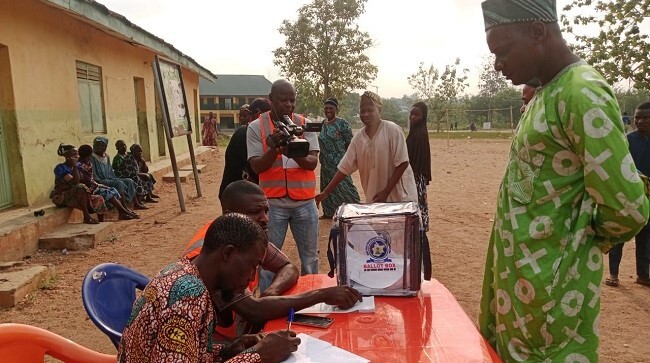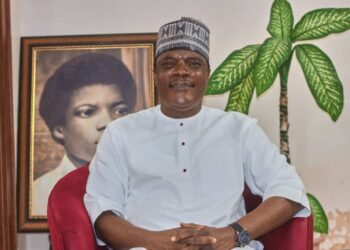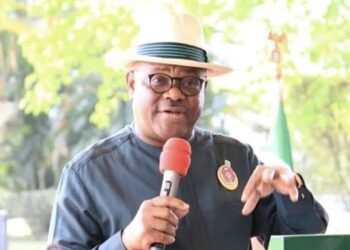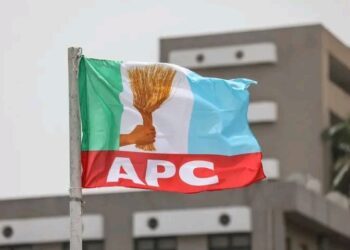It would be recalled that the Attorney General of the Federation, Lateef Fagbemi and the Nigeria Police Force had called for the suspension of the exercise.
While the AGF hinged his call on a controversial Court of Appeal judgement which allegedly reinstated the earlier sacked local government chairmen and councillors, the police cited security threat.
Correspondents of the News Agency of Nigeria (NAN), who monitored the election in some local governments reports that there was no presence of ad hoc staff of the State Independent Electoral Commission (OSSIEC) in polling units visited.
In Osogbo, some of the polling units located at Ogo-Oluwa, Alekunwodo, Olaiya, Oja-Oba, among others, were devoid of electorate, OSSIEC staff and security personnel as at 9: 15 am.
NAN also observed that voters’ list was not displayed at some of the polling units visited.
However, election took place in unit 18, 19 and 20, ward 4, Ataoja D.
Although Gov. Ademola Adeleke ordered restriction of vehicular movement from 5a.m to 5p.m across the state, but this was not complied with as there was free vehicular movement without any form of restriction.
NAN, however, also observed that there was road blocks along the major roads by the police.
Similarly, in Ile-Ife, there was no sign of electorate as well as OSSIEC adhoc staff in some of the polling units visited.
However, shops, markets and other shopping malls were under lock and key.
In Ede, the home town of the governor, the situation was a bit different.
Electorate were seen in some of the polling unit visited with OSSIEC and hoc staff attending to them.
At Obalaoye Grammar School, unit 2 ward 4, some electorate were seen on queue at 8:00 am waiting to cast their votes.
Also, Oloba Atapara Ward 1, unit 6 witnessed few electorate waiting to be accredited and to cast their votes.
One of the electorate, Mr Nifemi Akingbala, said that the process had been so peaceful and urged all voters to cast their votes without fear.
Akingbala commended the electoral umpire for making the process peaceful.
Another electorate, Mrs Aminat Idowu Aminat said that that she cast her vote at 8:20 a.m.
Aminat commended the peaceful conduct of the election.
At Alajue 1, ward unit 8, voting ended at 8:56a.m.
The presiding officer at the unit, Emmanuel Olayiwola, said the election started at 8:30 a.m.
Olayiwola, however, said that the election was generally peaceful.
Also, at 150A station road, ward 8, unit 6, some electorate were also seen around the place.
The presiding officer, John Olawale, said that the election ended at 8:30 am.
Olawale said that the electoral body were in the process of sorting out the votes for counting.
NAN also observed that elections concluded early in most of the polling units in the town.
Meanwhile, the speaker of the state House of Assembly, Adewale Egbedun, cast his vote at unit 5 ward 9 Asi in Odo-otin LGA.
Egbedun, after casting his vote, commended OSSIEC for the peaceful conduct of the election.
The speaker commended the electorate for standing firm on the side of the law.
He assured the electorate that the election would reflect the will of the people.
Egbedun also commended the electorate for coming out en mass to cast their votes.(NAN)











